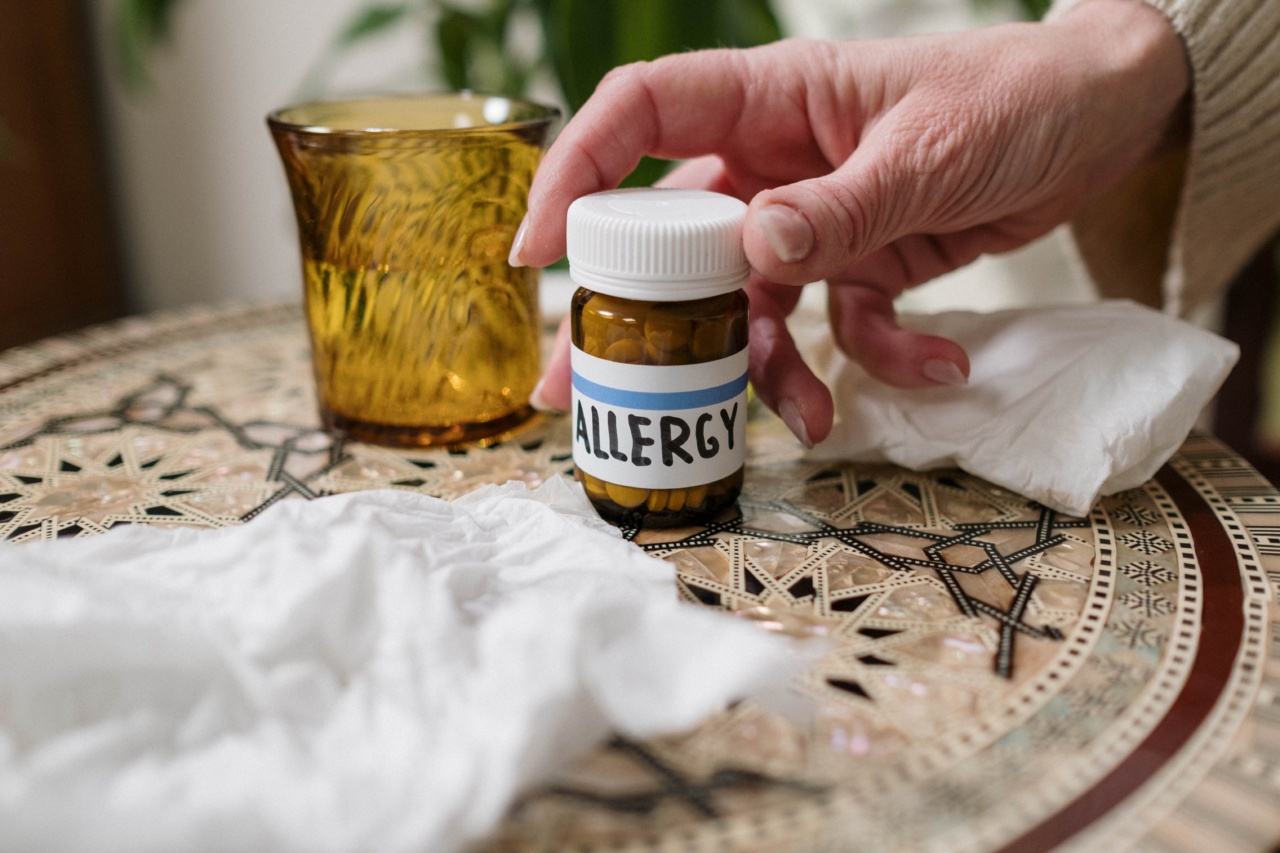Parkinson’s disease is a progressive neurological disorder that affects movement and coordination. While there is no known cure for Parkinson’s disease, traditional treatments such as medications and surgery can help control the symptoms.
However, these treatments may not always be effective, and some people may experience side effects. As a result, many people with Parkinson’s disease turn to alternative treatments to help manage their symptoms. Here are some alternative treatments for Parkinson’s disease that you may want to consider:.
Massage Therapy
Massage therapy can be a helpful treatment for people with Parkinson’s disease. It can help reduce muscle stiffness, improve flexibility, and promote relaxation.
Massage therapy works by applying pressure to the muscles and soft tissues of the body, which can help improve circulation and lower blood pressure. It can also help release endorphins, which are natural painkillers that can help reduce pain and promote feelings of well-being. If you are interested in massage therapy, be sure to talk to your doctor first to make sure it is safe for you.
Meditation
Meditation can also be a beneficial treatment for people with Parkinson’s disease. Meditation involves focusing your attention on a particular object or thought, which can help reduce stress, anxiety, and depression.
It can also improve sleep and reduce pain. Meditation can be practiced in many different ways, including through breathing techniques, visualization, or chanting. If you are interested in meditation, there are many resources available online to help you get started.
Acupuncture
Acupuncture is an ancient Chinese medical technique that involves inserting thin needles into the skin at specific points on the body. Acupuncture has been used to treat a wide range of conditions, including Parkinson’s disease.
The theory behind acupuncture is that the stimulation of these specific points can help restore the balance of energy within the body. Acupuncture has been shown to be effective in reducing pain, improving sleep, and reducing stress and anxiety. If you are considering acupuncture, be sure to find a qualified practitioner who is licensed and experienced.
Yoga
Yoga is a mind-body practice that involves physical postures, breathing exercises, and meditation. It can be a helpful therapy for people with Parkinson’s disease, as it can help improve balance, flexibility, strength, and coordination.
Yoga can also help reduce stress and improve mood. There are many different types of yoga, ranging from gentle and restorative to more vigorous and challenging. If you are interested in yoga, talk to your doctor first to make sure it is safe for you.
Diet and Nutrition
Diet and nutrition can also play an important role in managing Parkinson’s disease.
While there is no specific diet that has been proven to cure or prevent Parkinson’s disease, eating a healthy and balanced diet can help improve overall health and well-being. It is important to eat plenty of fruits, vegetables, whole grains, lean proteins, and healthy fats. Some research has also suggested that certain supplements, such as Coenzyme Q10, may be helpful in reducing Parkinson’s disease symptoms.
However, it is important to talk to your doctor before taking any new supplements.
Physical Therapy
Physical therapy can be a helpful treatment option for people with Parkinson’s disease. It can help improve mobility, balance, and coordination, as well as reduce stiffness, pain, and other symptoms.
Physical therapy can include a range of exercises and activities, such as stretching, strength training, and gait training. If you are interested in physical therapy, talk to your doctor to see if it is right for you.
Music Therapy
Music therapy is another alternative treatment option for people with Parkinson’s disease. Music therapy involves listening to or playing music, which can help improve mood, reduce stress, and promote relaxation.
Music therapy has been shown to be effective in reducing anxiety, depression, and other symptoms associated with Parkinson’s disease. If you are interested in music therapy, be sure to find a qualified practitioner who is experienced in working with people with Parkinson’s disease.
Herbal Remedies
Herbal remedies are another alternative treatment option for Parkinson’s disease. Some herbs, such as ginkgo biloba and green tea, have been shown to have antioxidant properties that may be helpful in reducing Parkinson’s disease symptoms.
Other herbs, such as St. John’s wort and valerian, may be helpful in reducing depression and anxiety associated with Parkinson’s disease.
However, it is important to talk to your doctor before taking any new herbal remedies, as they may interact with other medications you are taking.
Mindfulness-Based Stress Reduction
Mindfulness-Based Stress Reduction (MBSR) is a technique that involves practicing mindfulness meditation and other mindfulness techniques to reduce stress and improve overall well-being.
MBSR has been shown to be effective in reducing stress, anxiety, and depression, as well as improving mood and mental clarity. It may also be helpful in reducing Parkinson’s disease symptoms. If you are interested in MBSR, there are many resources available online to help you get started.
Exercise
Exercise can also be a helpful treatment option for people with Parkinson’s disease. Regular exercise can help improve mobility, balance, and coordination, as well as reduce stiffness, pain, and other symptoms.
Exercise can include a range of activities, such as walking, swimming, cycling, and yoga. If you are interested in exercise, talk to your doctor to see if it is safe for you.
Conclusion
While there is no known cure for Parkinson’s disease, there are many alternative treatments available that can help manage the symptoms.
From massage therapy and meditation to acupuncture and exercise, there are many different therapies to choose from. If you are interested in exploring alternative treatments for Parkinson’s disease, talk to your doctor first to see which options may be right for you.





























